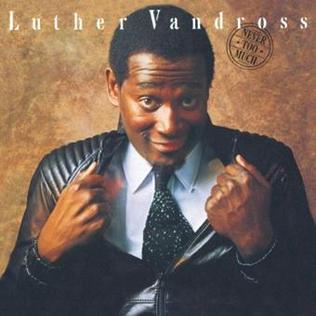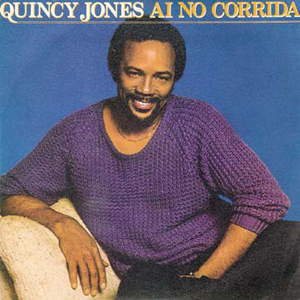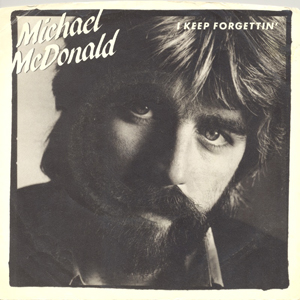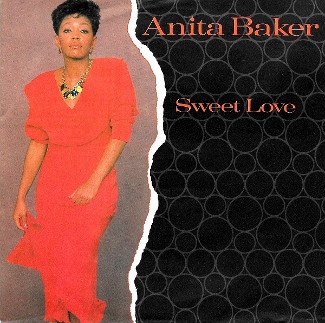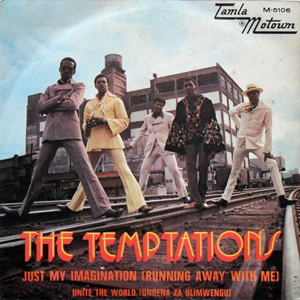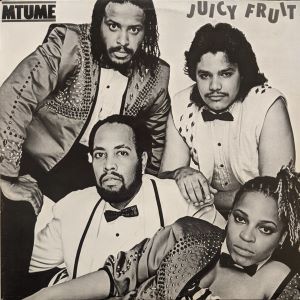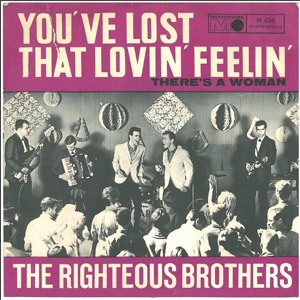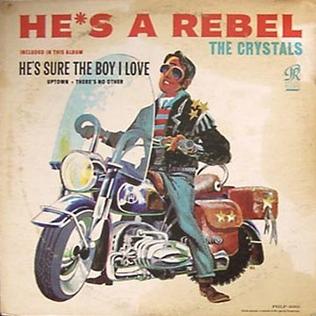If you’re looking for a smooth soundtrack to unwind with, Luther Vandross has you covered. His smooth vocals and captivating stage presence made him a beloved and influential figure in R&B and soul music.
Early in his career, Vandross honed his skills not just as a singer, but as a songwriter and producer. He penned the uplifting “Everybody Rejoice/A Brand New Day” for the Broadway musical The Wiz, showcasing his talent for crafting memorable melodies. This period also saw him become a sought-after background vocalist, lending his voice to the recordings of icons like David Bowie, Stevie Wonder, Donna Summer, Todd Rundgren, Diana Ross, Ben E. King, Sister Sledge, Roberta Flack, Chaka Khan, Judy Collins, the J. Geils Band, Irene Cara, and Bette Midler. Not only did Vandross sing on Bowie’s “Fascination,” but they wrote the song together. This experience further solidified Vandross’ own artistic vision, which he would soon unleash on the world.
Before embarking on his solo journey, Vandross dipped his toes into the world of lead vocals. He fronted the disco group Change, belting out their hit “The Glow of Love.” He also sang lead for Bionic Boogie on their track “Hot Butterfly,” and even fronted a short-lived band simply called Luther.
Quincy Jones’ “Takin’ It To the Streets,” featuring Vandross as a lead vocalist alongside Gwen Guthrie, demonstrated his ability to shine even before his solo breakout. Later in his career, Vandross would seamlessly slip back into the role of collaborator, creating magic on duets with artists like Janet Jackson (“The Best Things in Life Are Free”) and Dionne Warwick (“How Many Times Can We Say Goodbye”).
The 1980s marked Vandross’ rise to stardom as a solo artist. Tracks like “Never Too Much” and “Here and Now” became instant classics, showcasing his ability to blend vulnerability with pure soulful power.
Throughout his career, Vandross racked up accolades. He’s a Grammy Award winner with eight statues to his name, and countless other awards solidify his place as a musical giant. But beyond the trophies, his true impact lies in the way his music continues to connect with listeners. Whether it’s a slow dance ballad or a roof-raising anthem, Vandross’ music offers a timeless blend of emotion and artistry. So next time you hear that velvety voice, take a moment to appreciate the work of a true musical great, who not only delivered unforgettable solo performances but also left his mark through songwriting, production, and collaborations across genres. Today’s playlist isn’t just a collection of Luther Vandross’ greatest hits – it’s a mix of some of those tracks alongside other gems that reveal the breadth of Vandross’ musical contributions. Prepare to be surprised at where he turns up. For example, those unforgettable “ba ba”s that open Stevie Wonder’s “Part-Time Lover?” That’s Luther!
Follow Tunes Du Jour on Facebook
Follow Tunes du Jour on Twitter
Follow me on Instagram
